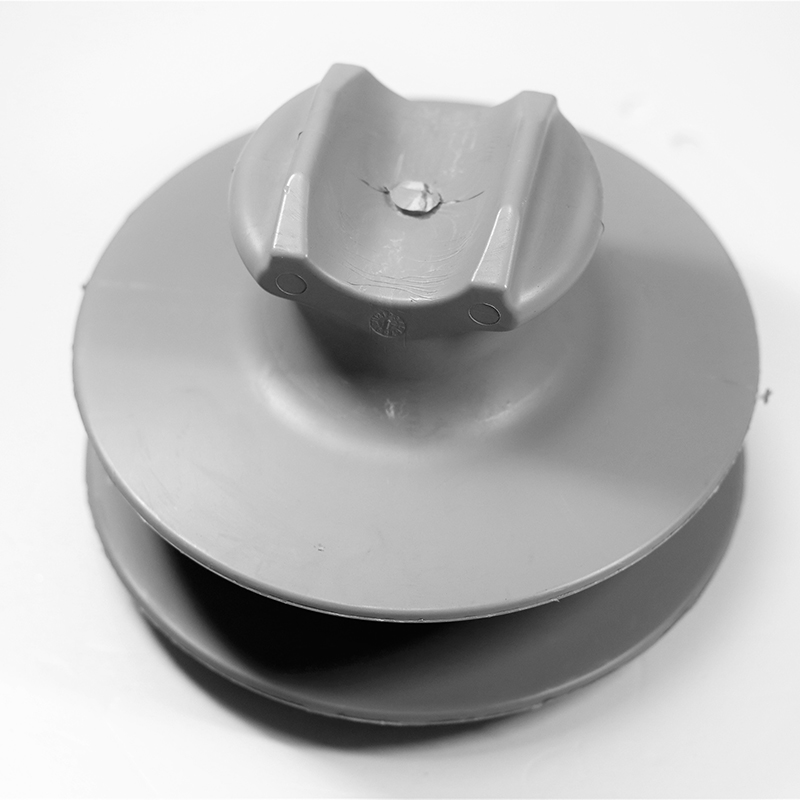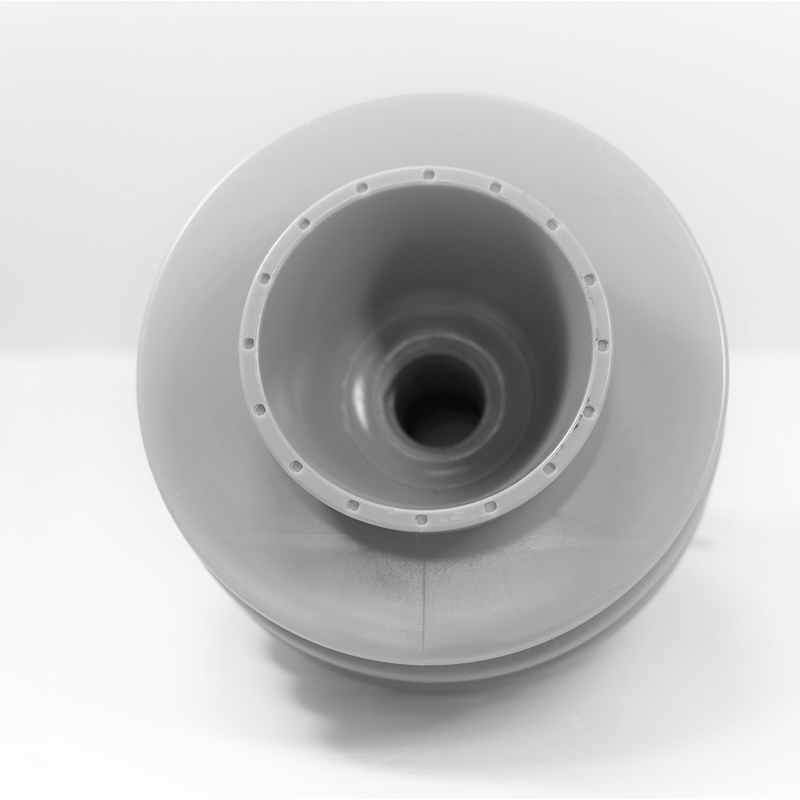But don’t expect to see lumber-based transistors in your next iPhone.
By Andrew Paul | Published Apr 25, 2023 4:00 PM EDT Composite Polymer Insulator

It’s often one of the earliest science facts learned in grade school: Wood is a natural insulator. For those who need a refresher, that simply means the material generally isn’t a great conductor for electricity. But as elementary as that information may be, a team of researchers have added an asterisk to the rule of thumb: It turns out some wood, once tweaked, can conduct electricity. What’s more, they can be converted into natural transistors.
According to a paper recently published in Proceedings of the National Academy of Sciences, engineers at Sweden’s Linköping University successfully altered balsa wood by first leeching it of lignin—a natural binding substance found in wood and other plantlife. Once the lignin is removed, what remains is a network of tubing that transports water throughout the balsa known as lumina. The remaining hollowed balsa can be submerged in a liquid solution containing an electrically conductive polymer. What results is a material that can transport electrolyte-containing water through its lumina, and a new, natural transistor.
[Related: This rechargeable battery is meant to be eaten.]
Before balsa, the team attempted to engineer conductive wood with other samples, including birch and ash. These alternatives, however, didn’t not possess the same levels of structural integrity after being submerged in the polymer solution, nor did they properly absorb the polymer. The team also noted that, unlike its other test options, balsa displays a compositional ubiquity throughout the year’s seasons.
[Related: Watch this metallic material move like the T-1000 from ‘Terminator 2’.]
Still, wood transistors show immense promise in other areas, such as forestry and agricultural monitoring. Wood conductors are also more sustainable than existing alternatives, and could even be used to monitor flora resistance to climate change and other environmental issues. Going forward, researchers told New Scientist they hope to one day grow wood samples with conductive polymers already inside them via using different versions that enter the wood without needing to remove lignin.
Andrew Paul is Popular Science's staff writer covering tech news. Previously, he was a regular contributor to The A.V. Club and Input, and has had recent work also featured by Rolling Stone, Fangoria, GQ, Slate, NBC, as well as McSweeney's Internet Tendency. He lives outside Indianapolis.
Like science, tech, and DIY projects?
Sign up to receive Popular Science's emails and get the highlights.
Articles may contain affiliate links which enable us to share in the revenue of any purchases made.

Aluminium Alloy For Pressure Die Casting Registration on or use of this site constitutes acceptance of our Terms of Service.